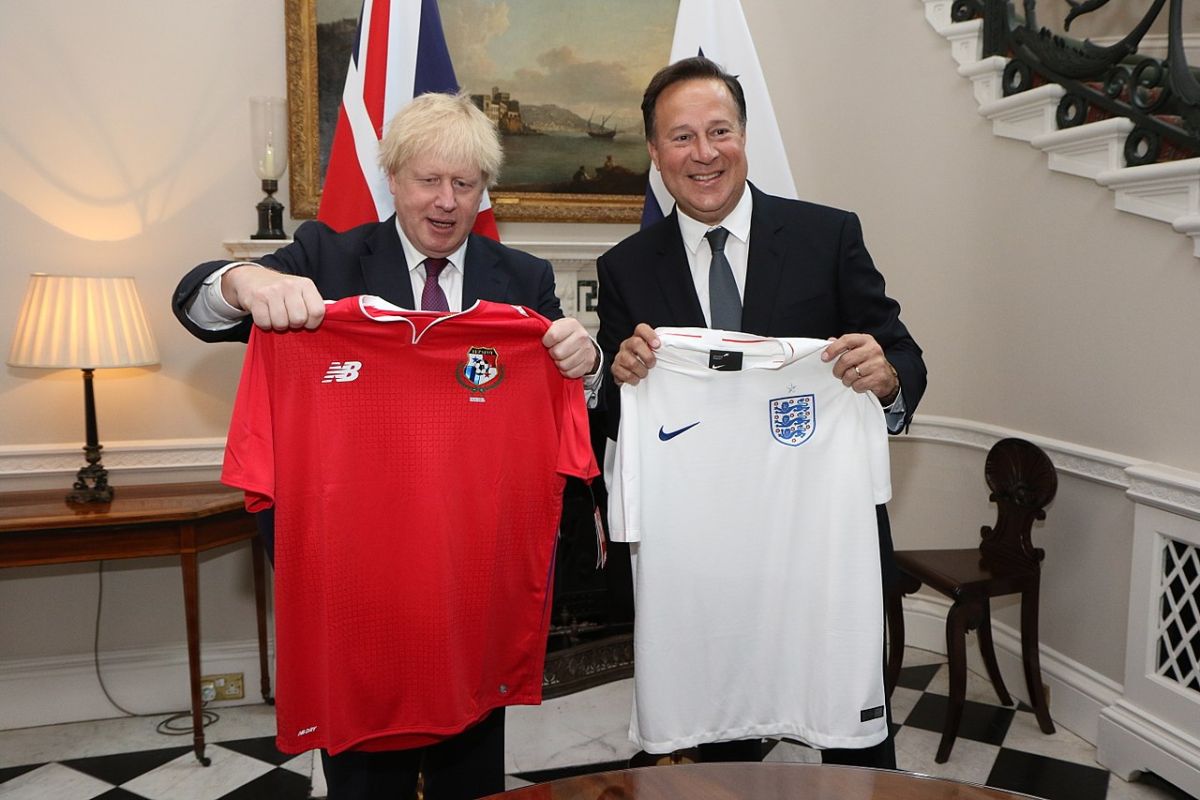It’s more than just a game: when politics and sport collide
By tomreynolds

It is often embarrassing when politicians use sport to try and win favour with the public. A perfect example of this is David Cameron’s embarrassing error as he urged people to support West Ham in 2015, despite previously claiming to be an avid fan of Aston Villa. Cameron was mocked for forgetting which claret and blue team he supported, and was criticised by people for seeming disingenuous.
However, he has not been the only politician caught out for using sport to try and seem active and relatable, only for it to backfire.
Boris Johnson is only too familiar with sporting gaffs in front of large public audiences; from when he bulldozed over a 10-year-old child playing touch rugby, to when he put in a poorly timed challenge on a school-boy whilst having a kick-about, or his flattening of Germany football legend, Maurizio Gaudino, during a charity match in 2006.
Former UKIP leader, Paul Nuttal, is another politician who has been caught up in a sporting scandal after he claimed he had been a professional footballer in a previous career. However, he was left embarrassed after it was revealed that he had been part of Tranmere Rovers youth squad as a schoolboy. Quite a difference.
Perhaps it would be better for Cameron, Johnson and Nuttall to leave the sporting activities to politicians with a genuine sporting past, such as Labour MP Kate Hoey, who was the 1966 Northern Ireland high jump champion. Or former Liberal Democrat MP Menzies Campbell, who held the British 100m record between 1967-1974 and represented Team GB at the 1964 Olympic Games.
But where has this habit of politicians using sport to endear themselves to the public come from?
Tony Blair was a master of the art; he would regularly be photographed with the most relevant and popular sports stars during his time as Prime Minister, including the likes of David Beckham and Kevin Pietersen.
But it was not just his association with people in sport that he used; Blair would often be out in public playing sport. He was snapped shot-stopping with Sir Alex Ferguson, playing tennis with Pat Cash, and practising his headers with Kevin Keegan. All of these publicity stunts were used to make him seem like a “sporty statesman”.
But even Blair was made aware of how trying to seem sporty can backfire for a politician. He reportedly claimed to remember seeing Jackie Milburn play for Newcastle FC at St James’ Park as a young boy, despite the fact that Blair was four years old and lived in Australia when Milburn retired. Although it has since been branded an urban myth that Blair ever said this, it did not stop the Telegraph from labelling Cameron’s West Ham blunder a ‘Milbrun Moment’.
Some famous athletes have managed to turn their sporting fame into electoral success around the world. In Pakistan, Imran Khan won the hearts of the public as a cricketer whose exploits included captaining the 1992 World Cup-winning squad. However, cricket was only Khan’s first career and in 2018 he became Pakistan’s Prime Minister.
Similarly, Vitali Klitschko was a three-time heavyweight World Champion before hanging up his gloves in 2013. Klitschko now serves as Mayor of Kiev, a job he has held since 2014.
The upcoming UK general election could have an impact on sport – in their manifesto, the Conservative Party have pledged to “invest in sport”, “promote competitive sport” and “help schools make good use of their sports facilities”.
The Conservatives have said they will support the upcoming Commonwealth Games, UEFA European Women’s Championships and Rugby League World Cup. They also said they would back a UK and Ireland bid to host the 2030 FIFA World Cup.
Meanwhile, the Labour Party have pledged to make sure sport is “accessible and run in the interests of those who participate in it and love it”.
Labour have outlined that they will look closely at the state of football which has become “divided between the extremes of the very rich and the very poor, with clubs in Bury and Bolton facing collapse”. They aim to do this by ensuring that supporters’ trusts are given say in the appointment of club directors and making sure that club owners are up to the job.
It will be interesting to see the impact of this election on sport and, hopefully, we will avoid seeing too many more cringe-worthy moments from our politicians.







